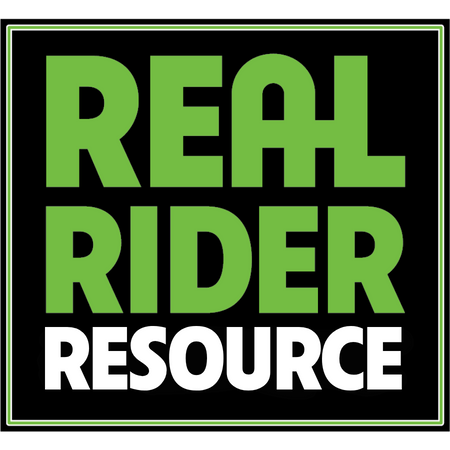Should You Wrap or Not? A Real Rider’s Guide to Equine Leg Support
Excerpt: Wrapping your horse’s legs can support recovery—but done wrong, it can do more harm than good. This guide helps you decide when to wrap, when not to, and how to do it the right way.
When Wrapping Makes Sense
- After intense work or hauling (to reduce stocking up)
- To support circulation and recovery in older or arthritic horses
- When applying liniment for deeper absorption
- Post-injury or under vet direction for inflammation control
When to Skip the Wrap
- If you can’t do it correctly—too tight or too loose can cause tendon damage
- In hot weather without ventilation
- If the horse is restless or likely to move excessively in them
- Over open wounds or where skin is irritated (unless advised by vet)
How to Wrap Right
- Clean the leg—no mud, sweat, or manure
- Apply a safe, show-approved liniment like Draw It Out® Gel or MasterMudd™ EquiBrace™
- Use a quilt or no-bow wrap underneath
- Wrap evenly, never pulling across the back of the leg
- Check for signs of discomfort within an hour
Final Thoughts: Wrap with Purpose
Wraps aren’t a one-size-fits-all solution—but when used with intention, they can be a powerful tool in your horse’s recovery toolbox. When in doubt, ask your vet or experienced trainer for help.
Better to go bare than botch a wrap.





